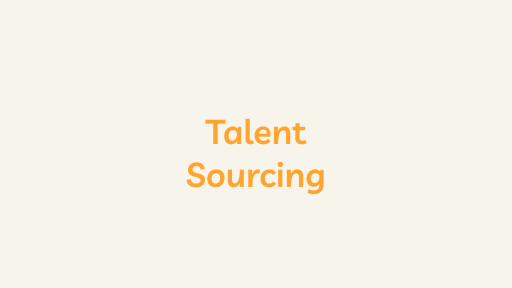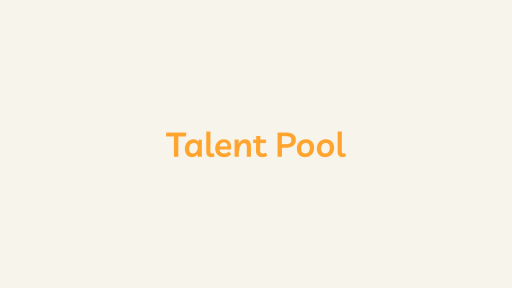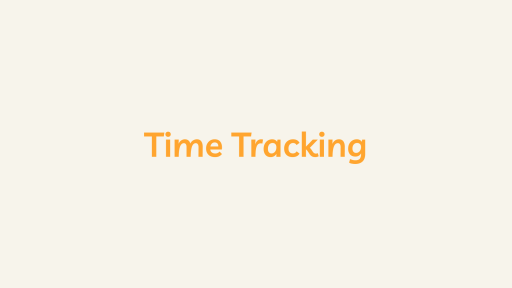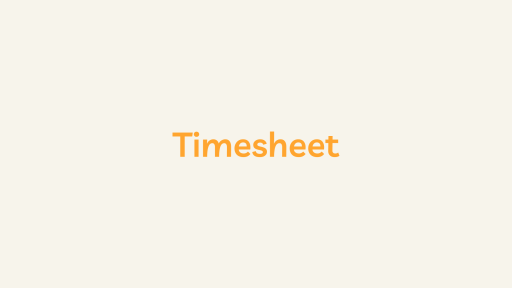What is a Unstructured Interview?
An unstructured interview is a type of job interview where the interviewer does not follow a predetermined set of questions. Instead, the interviewer engages in a more free-flowing conversation with the interviewee, allowing the conversation to unfold naturally. This type of interview is less structured than a traditional, structured interview, which follows a set of pre-determined questions.
The main advantage of unstructured interviews is that they allow for more flexibility and spontaneity in the interview process. This can lead to a more natural conversation between the interviewer and interviewee, which can help to build rapport and provide a more accurate understanding of the candidate’s personality, communication skills, and overall fit for the job.
Unstructured interviews can also help to uncover unexpected information about a candidate that may not have come up in a structured interview. For example, a candidate may reveal a unique skill or experience that could be valuable to the organization but may not have been discovered through a standard set of interview questions.
However, unstructured interviews can also have some disadvantages. Without a set of predetermined questions, it can be difficult to ensure that all candidates are asked the same types of questions and evaluated on the same criteria. This can make it harder to make fair and consistent hiring decisions.
Additionally, unstructured interviews can be more prone to interviewer bias. Without a set of standardized questions, the interviewer may unintentionally steer the conversation in a certain direction or focus on certain aspects of the candidate’s background that are more interesting or relatable to them personally. This can lead to less objectively evaluating the candidate’s qualifications and suitability for the job.
In conclusion, unstructured interviews can be useful for hiring managers looking to get a more natural and spontaneous conversation with job candidates. They can provide unique insights into a candidate’s personality and overall fit for the job. However, they also have some drawbacks, including a lack of standardization and the potential for interviewer bias. As such, it is important for organizations to carefully consider the pros and cons of unstructured interviews and use them appropriately in their hiring process.





